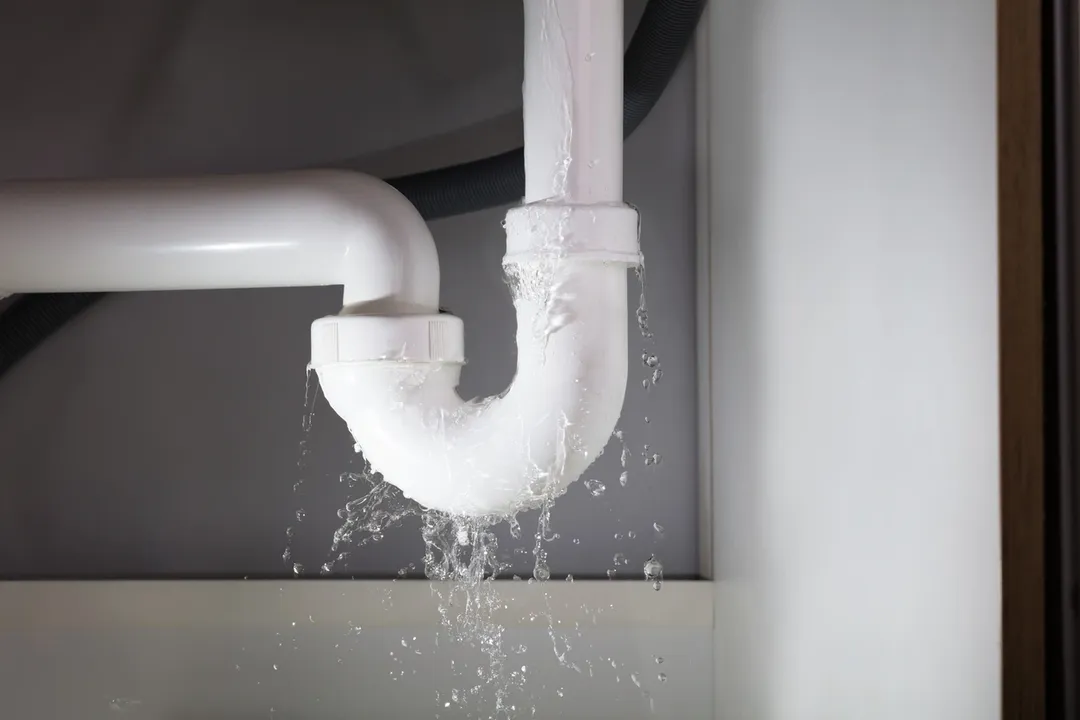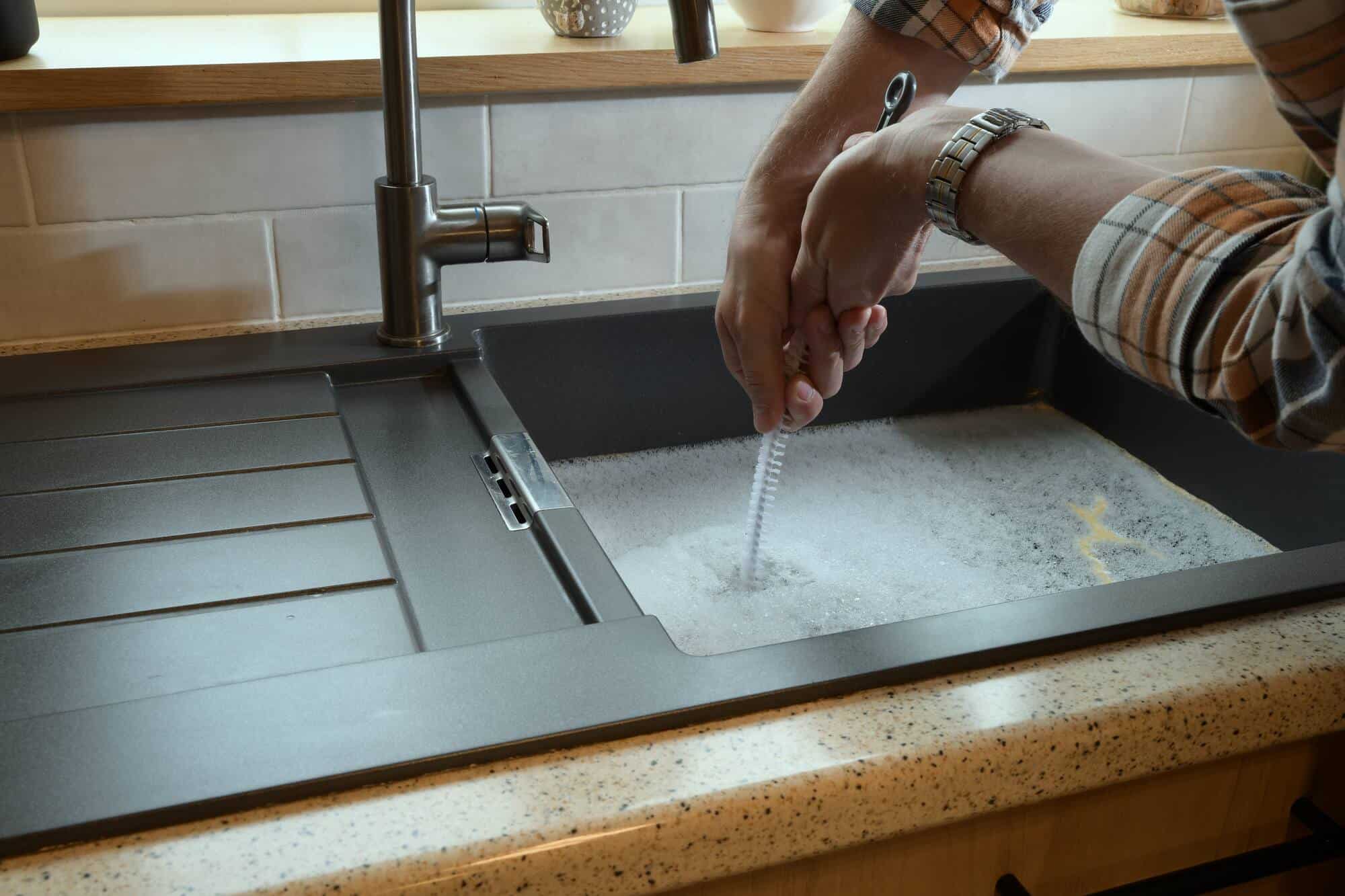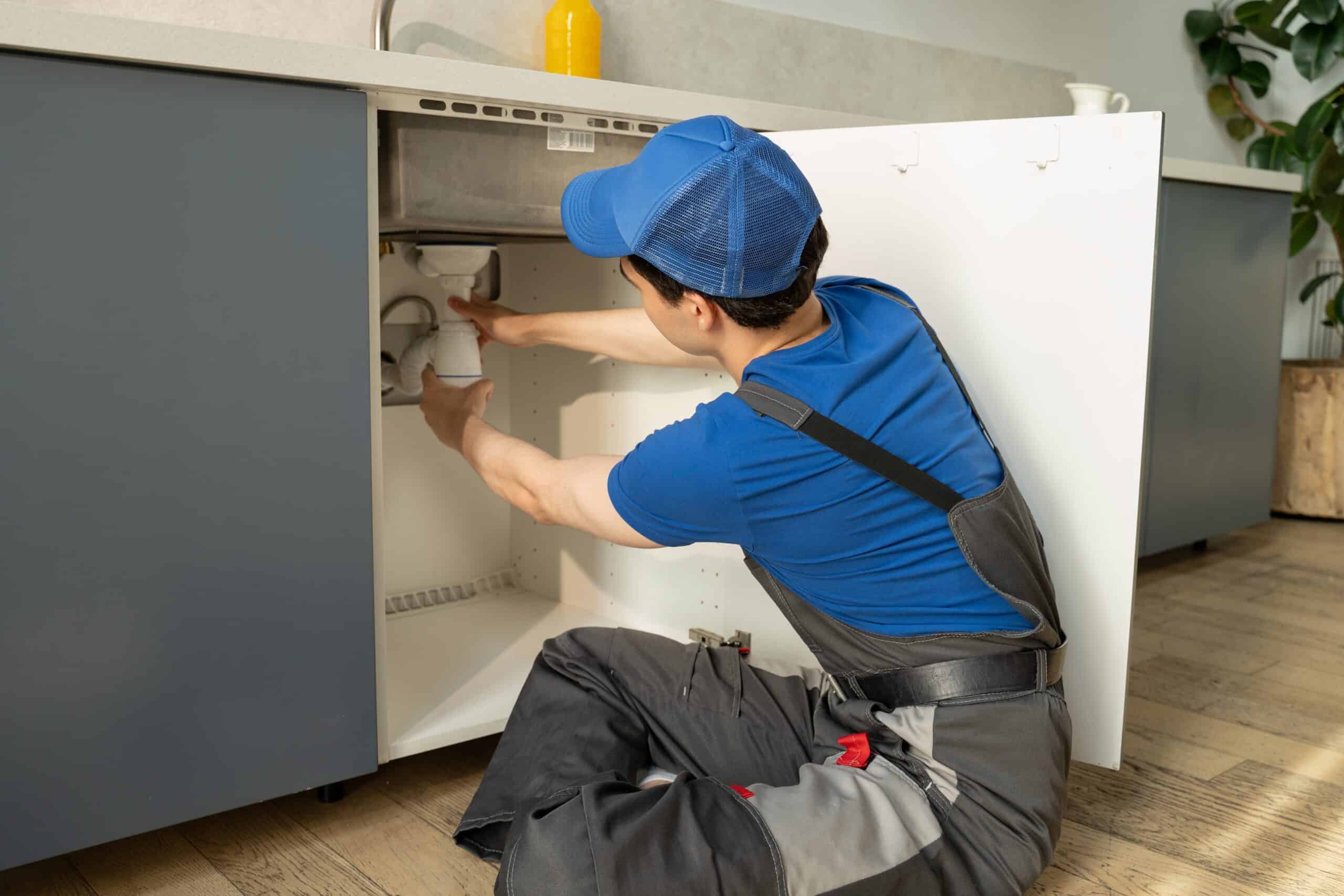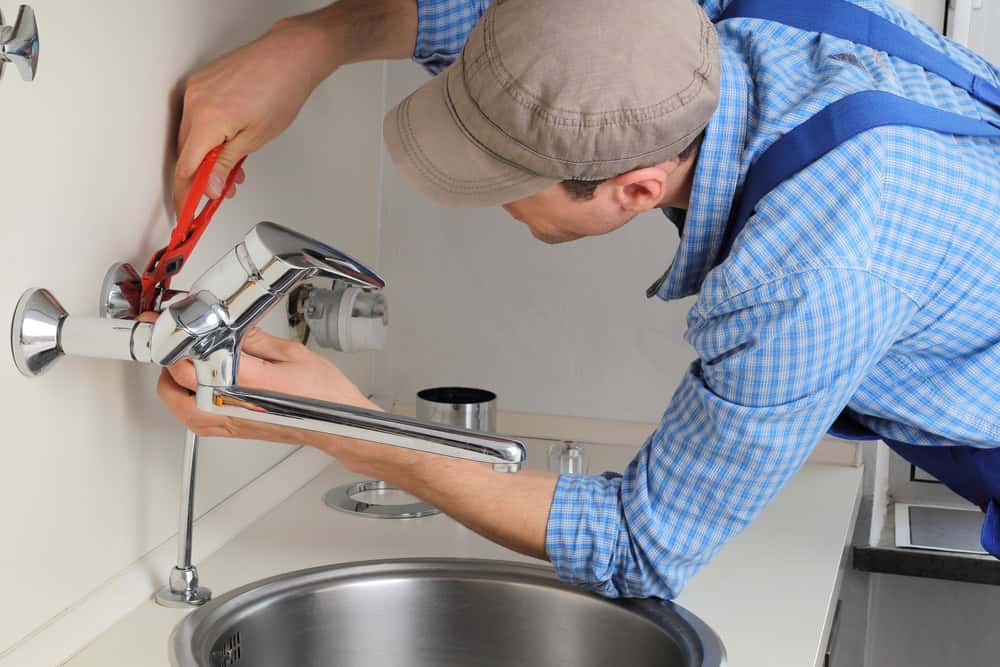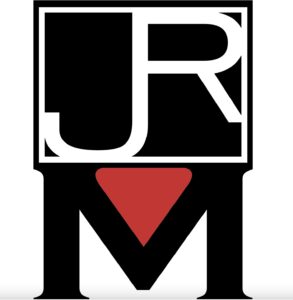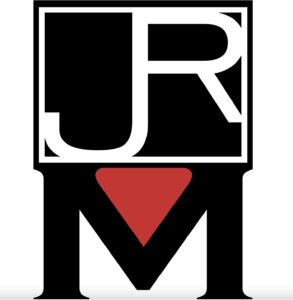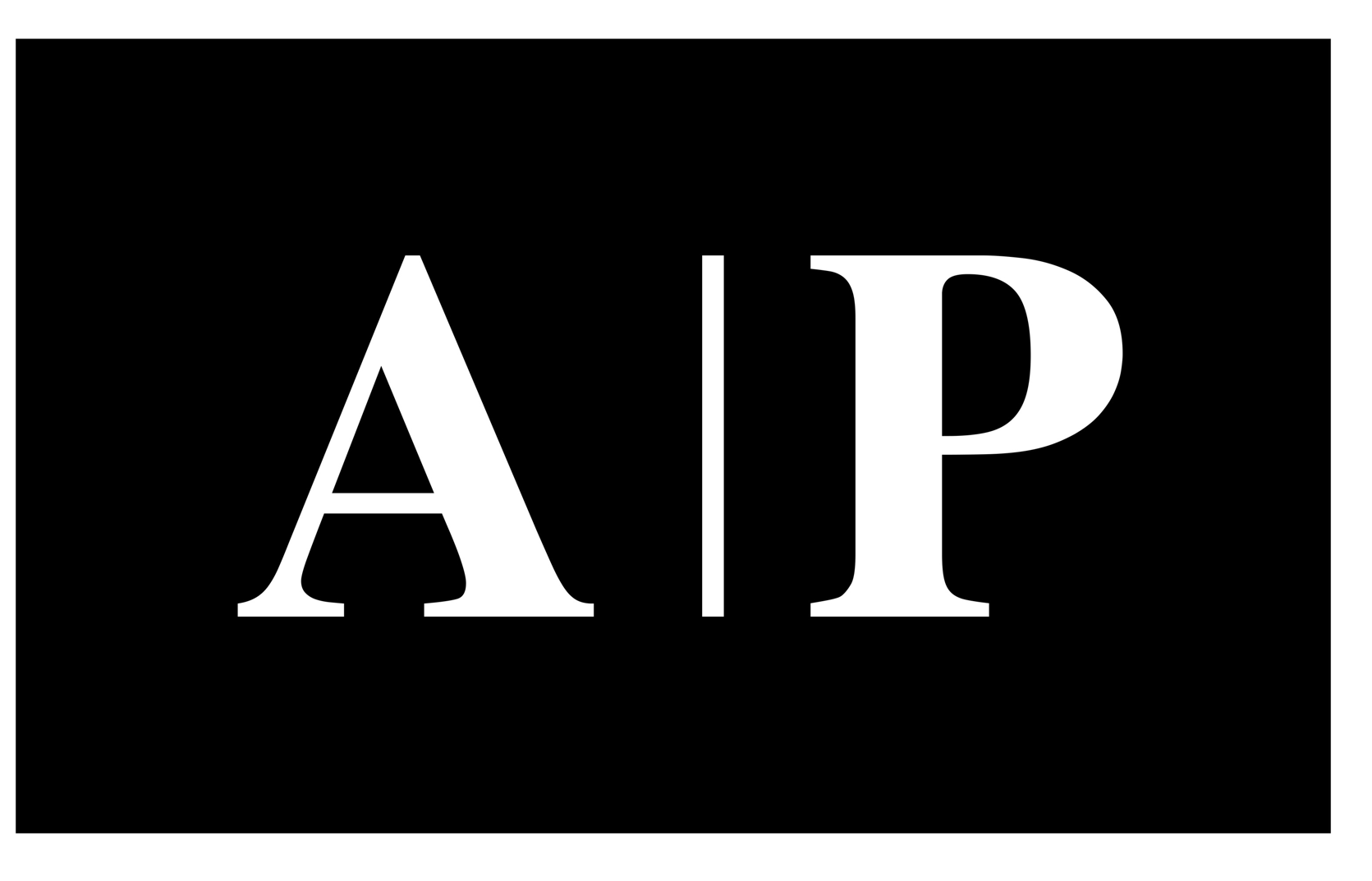5 Implications of Broken Water Pipes in Plumbing Systems
Water pipes, being the hidden arteries of our homes, play an indispensable role in ensuring the smooth flow of water. While we may not think about them on a daily basis, their importance becomes crystal clear when something goes wrong. Broken water pipes in plumbing systems can lead to a cascade of complications, some of which are immediate, while others might creep in over time. Let’s delve into the five implications of broken water pipes to understand why prompt attention and repair are paramount.
1. Water Damage
Arguably the most immediate and noticeable consequence of a broken water pipe is the water damage it can inflict:
Flooding: A significant break can result in widespread flooding in your home. Depending on the location of the break, you might see water pooling on your floors, dampening carpets, or even pouring from ceilings.
Property Damage: Prolonged exposure to water can damage wooden furniture, electronics, and various other household items. The cost of replacing these damaged goods can quickly escalate.
Structural Damage: Water can compromise the structural integrity of your home. It can weaken wooden beams, dissolve plaster, and even cause foundational shifts if the leak goes undetected for a long duration.
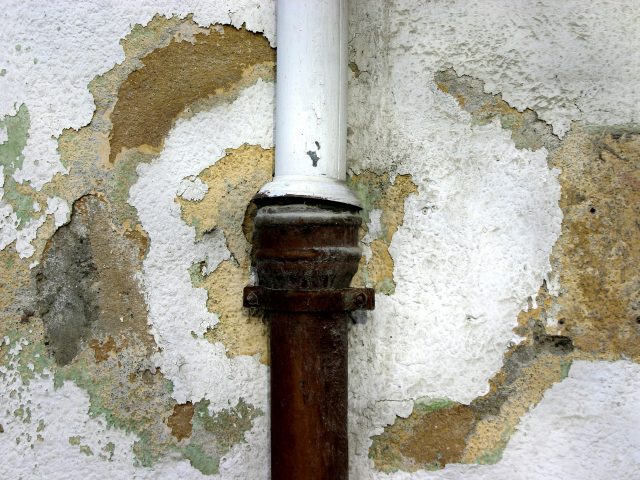
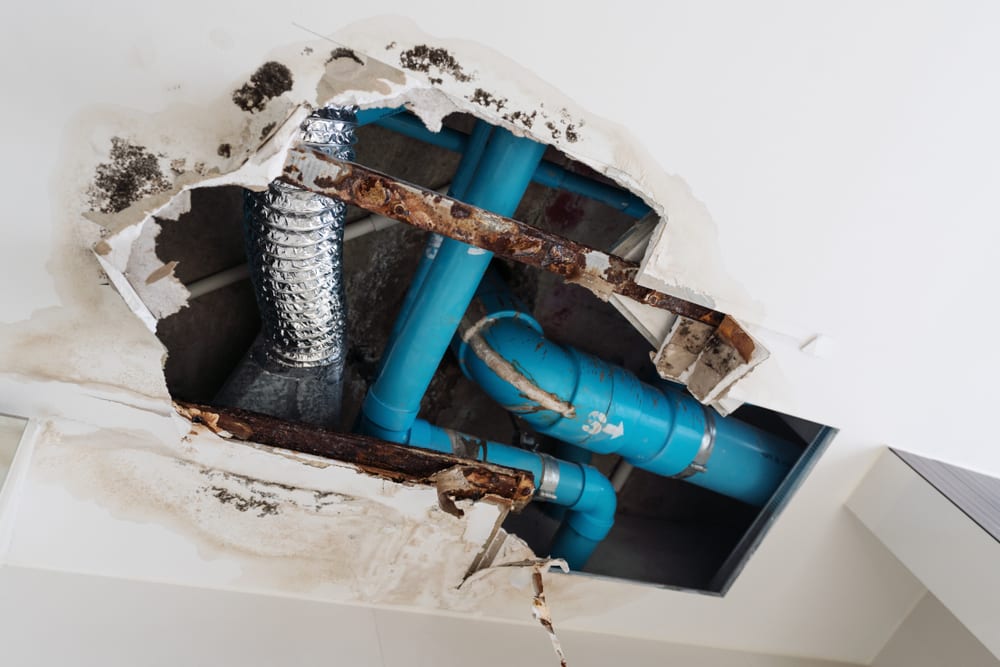
2. Mold and Mildew Growth
Moisture is a prime breeding ground for mold and mildew. When broken pipes result in water seepage:
Mold Proliferation: Mold can grow rapidly in damp conditions. Walls, ceilings, and floors that have been exposed to moisture can soon show mold spots.
Health Concerns: Many types of mold, like black mold, pose serious health risks. Respiratory issues, allergic reactions, and other health complications can arise from prolonged exposure.
Odor: Apart from the visual nuisance and health risks, mold and mildew also give off a musty odor, making living conditions uncomfortable.
3. Contaminated Water Supply
A broken water pipe doesn’t just let water out; it can also let contaminants in:
Pollutants: Cracks in pipes can allow dirt, pesticides, and other contaminants to enter the water supply.
Bacterial Influx: Bacteria thrive in stagnant water. A broken pipe can result in water stagnation, becoming a hotbed for bacterial growth.
Water Discoloration and Odor: You might notice a change in the color, taste, or smell of your water, indicating potential contamination.
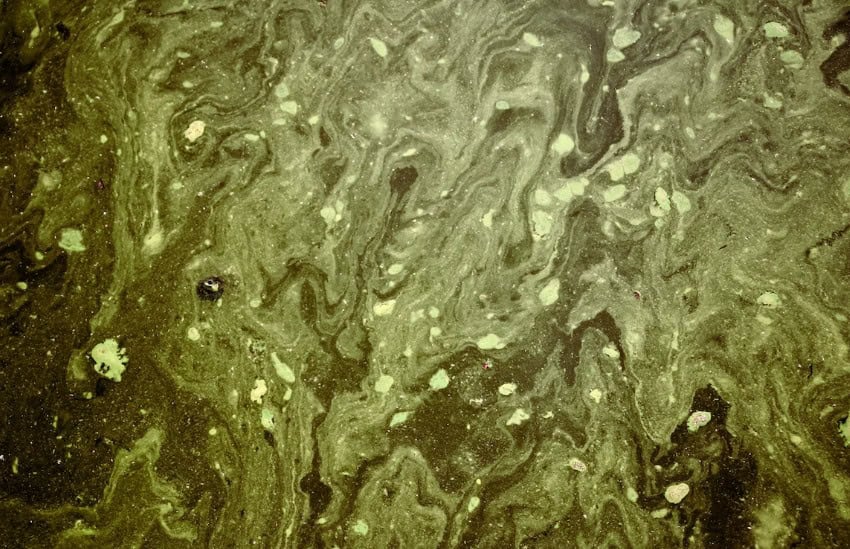
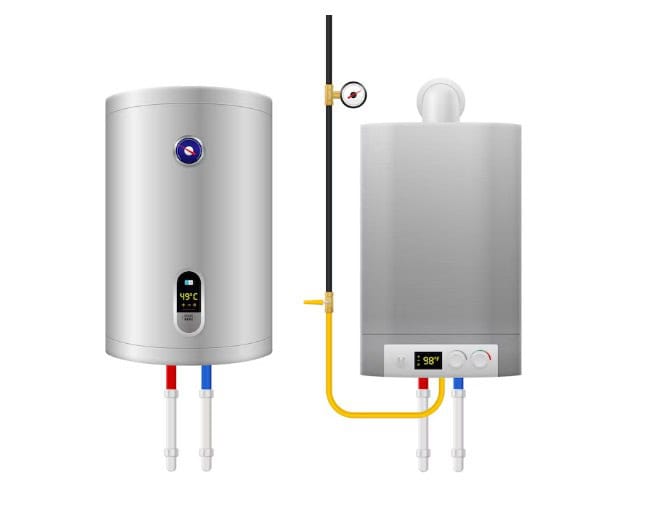
4. Skyrocketing Water Bills
A broken pipe means water wastage. Even minor leaks, if left unchecked, can amount to significant wastage over time:
Increased Bills: A consistent leak will lead to an unexpected rise in your water bill.
Environmental Impact: With global concerns about water conservation, it’s essential to address leaks promptly to reduce unnecessary water wastage.
5. Decreased Water Pressure
If you’ve ever struggled with a trickling shower or a faucet that doesn’t produce a steady flow, you might be experiencing the results of a broken pipe:
Obstructed Flow: Breaks or cracks in your plumbing system can hinder the water’s natural flow.
Air in the System: Broken pipes can introduce air into your plumbing system, leading to water sputtering out of faucets or an irregular flow.
Inefficient Appliances: Household appliances that rely on water, like dishwashers and washing machines, might not work efficiently due to decreased water pressure.
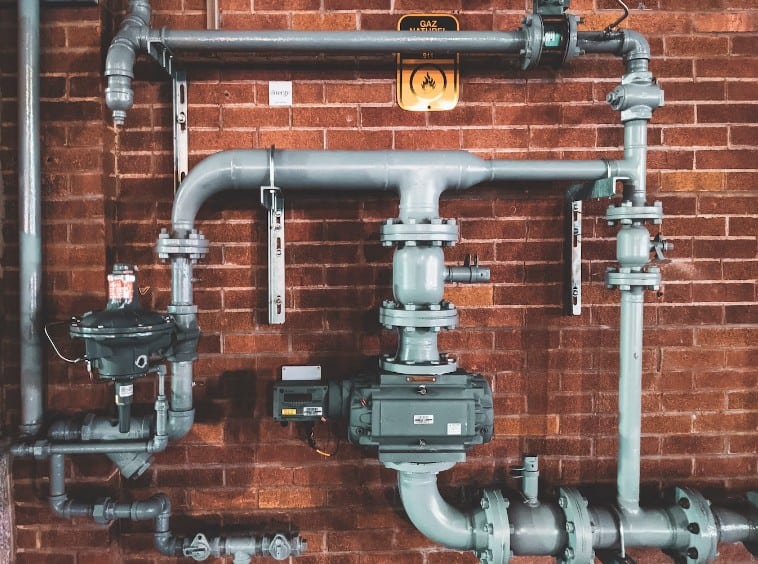
The implications of broken water pipes extend far beyond a mere inconvenience. They pose structural, financial, and health concerns that can have long-lasting effects. Regular inspection and maintenance of your plumbing system are vital in preventing such issues. Should you suspect or detect any problems, prompt attention and repair are the keys to safeguarding your home and well-being. Remember, in the world of plumbing, an ounce of prevention is worth more than a pound of cure.

